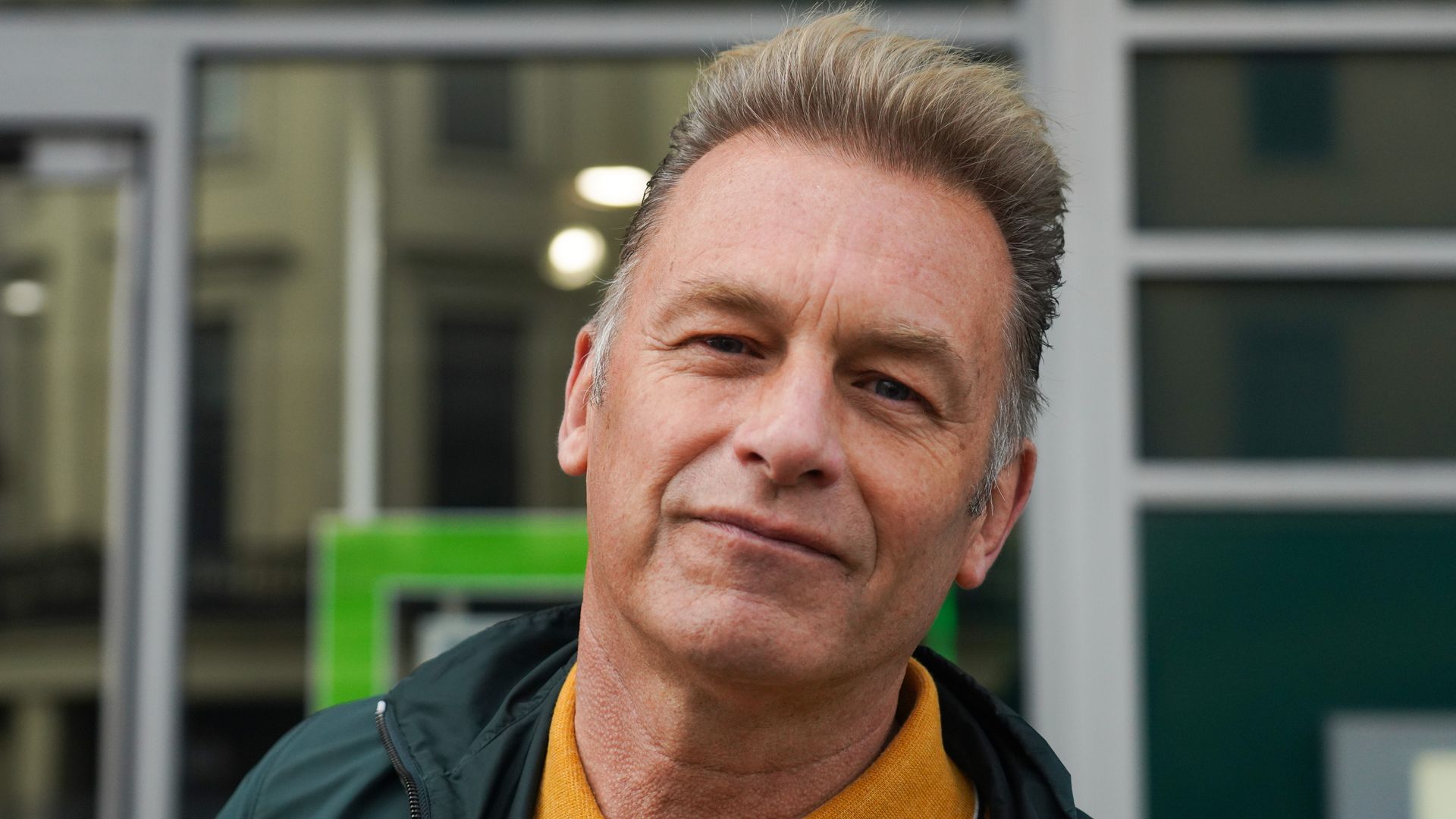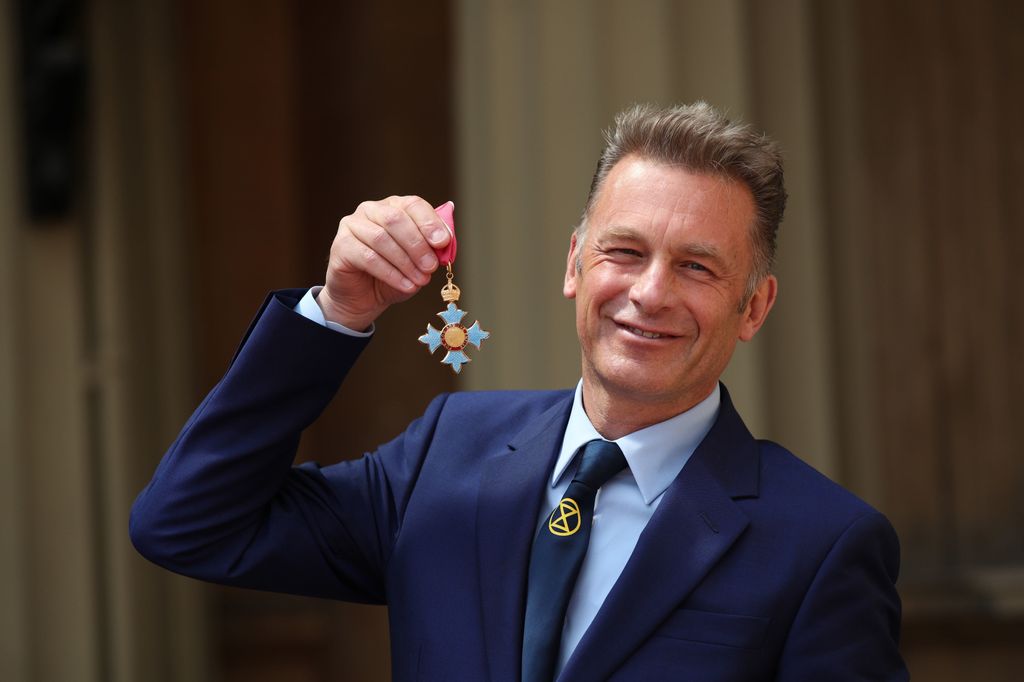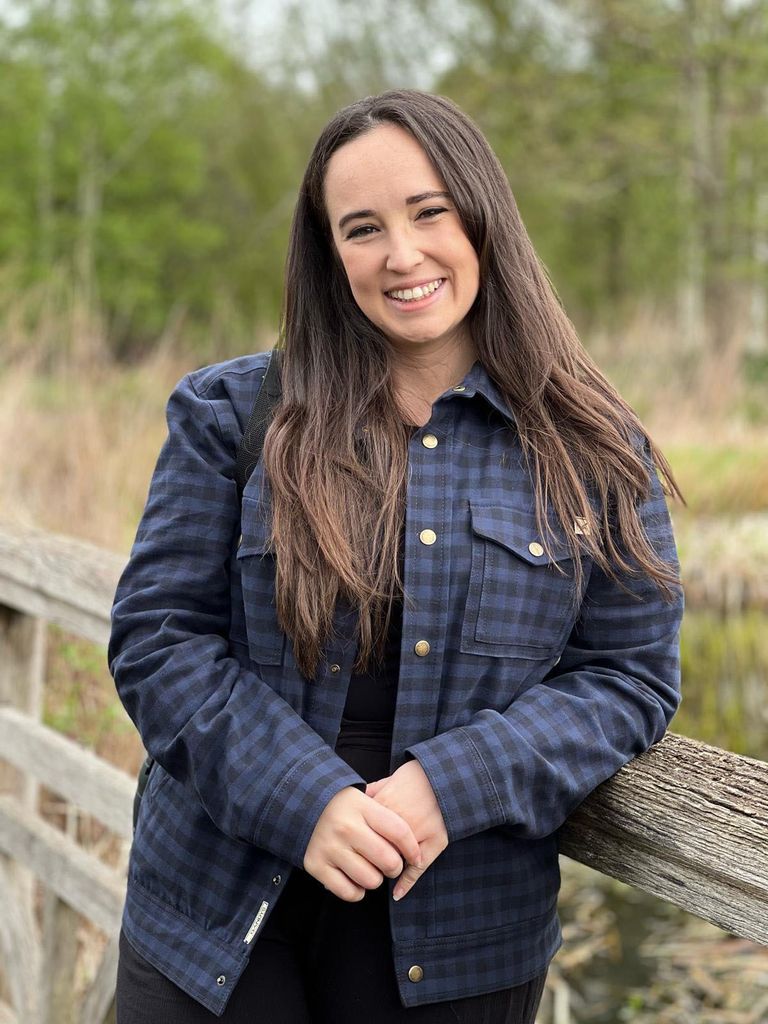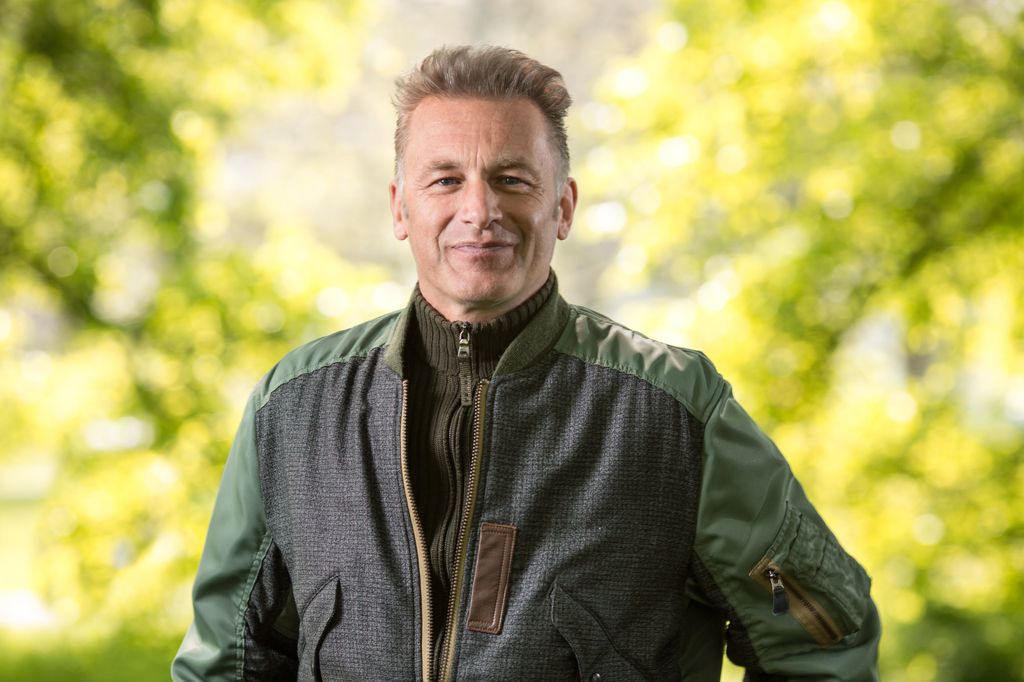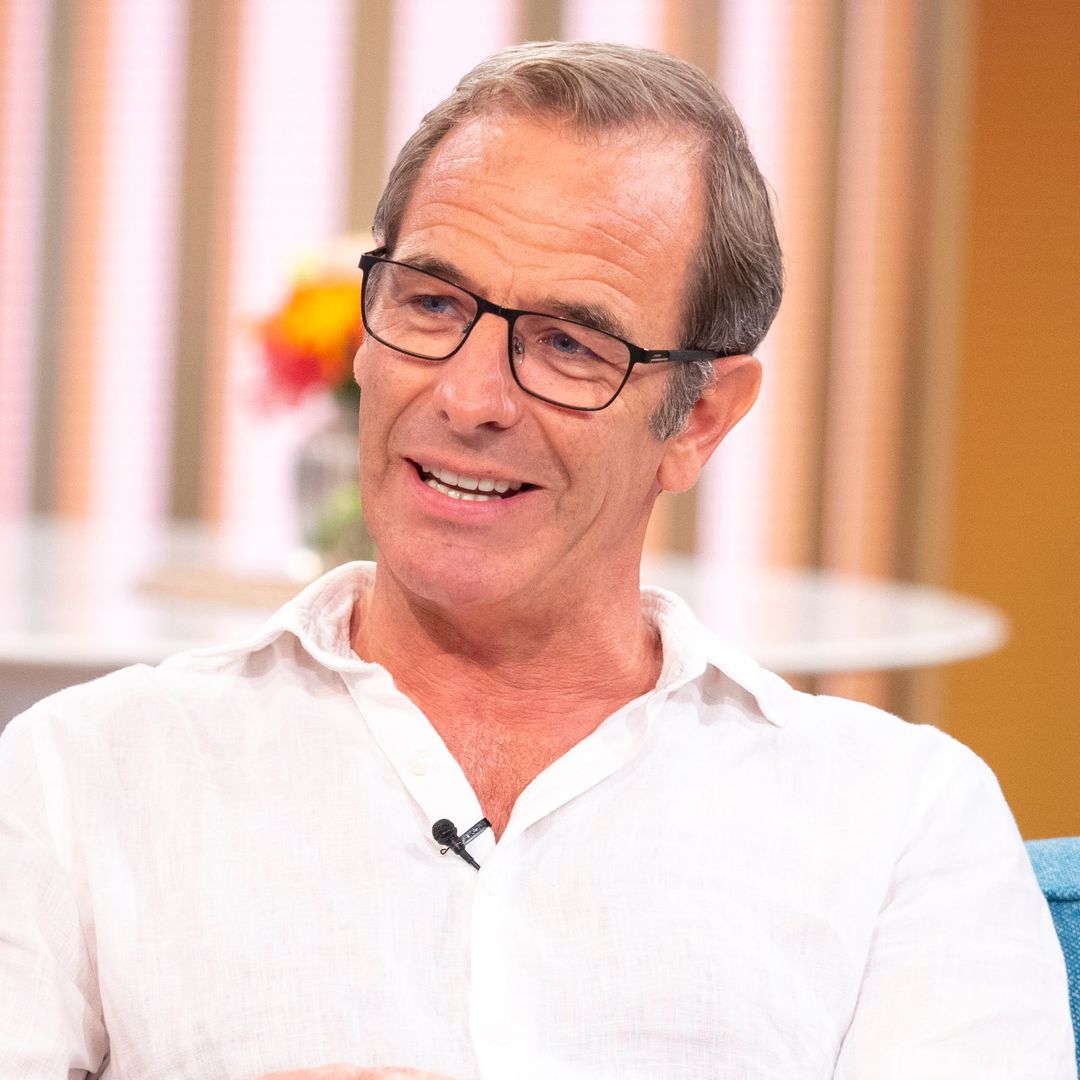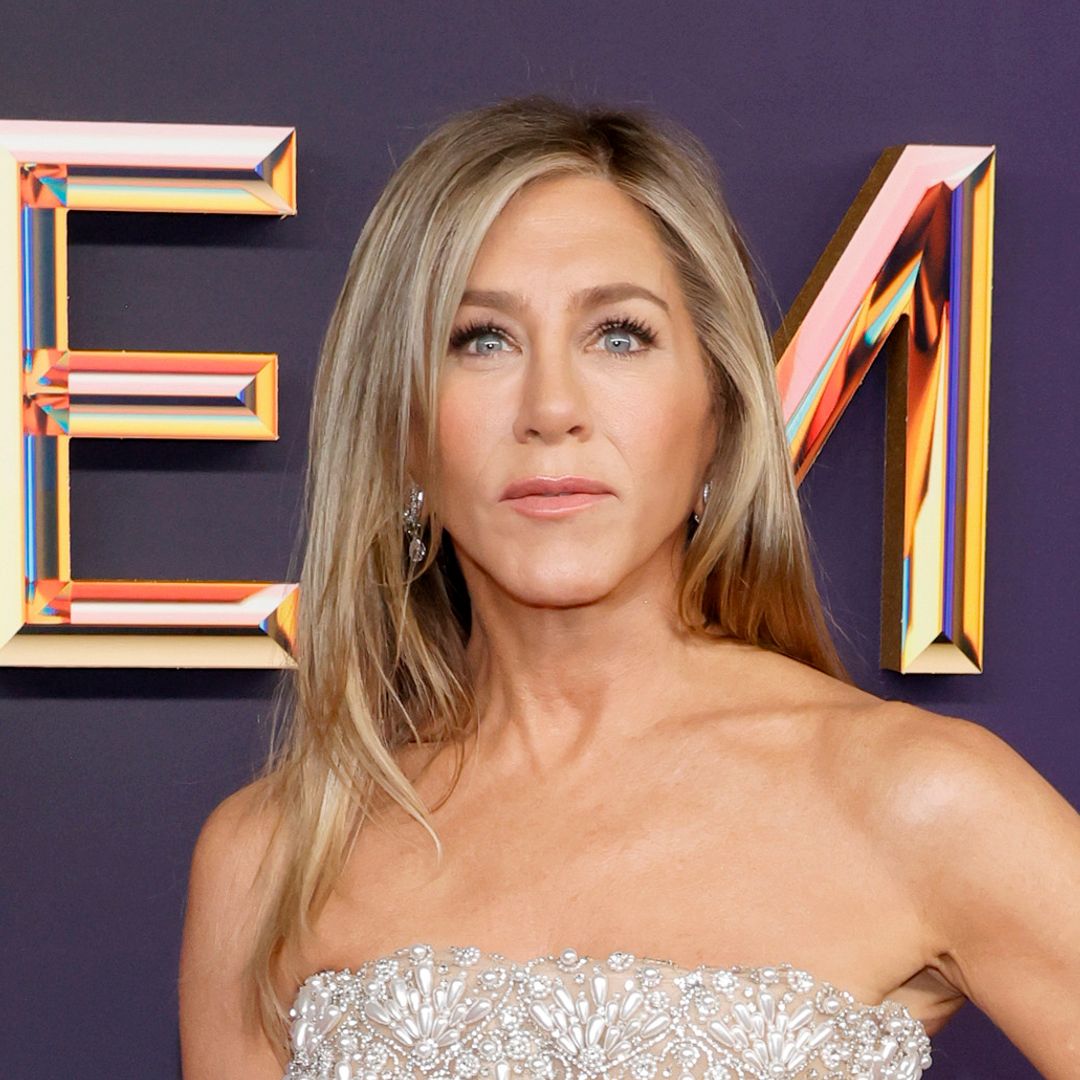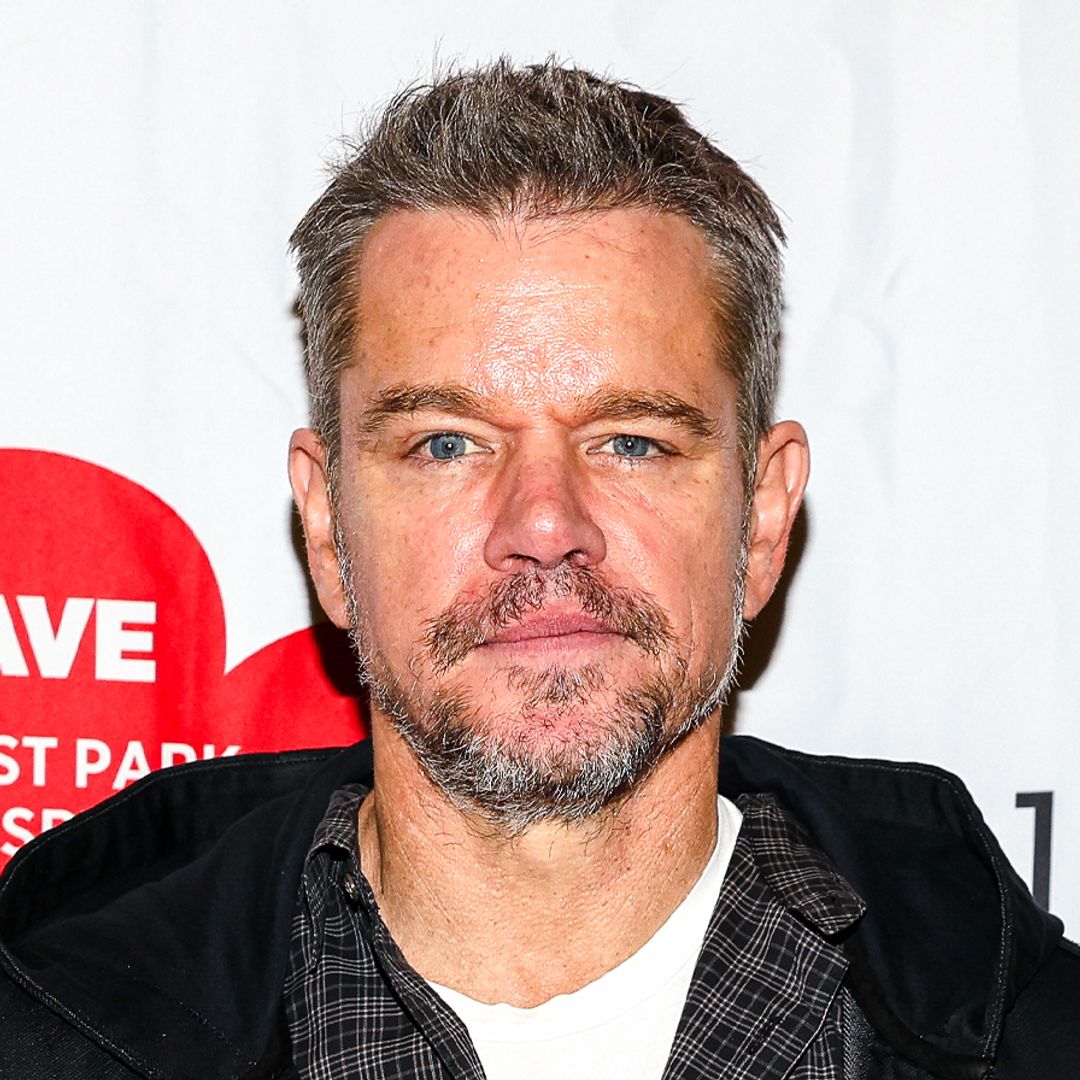Chris Packham and his stepdaughter Megan McCubbin are regulars on Celebrity Gogglebox and fans love hearing what they have to say about popular TV shows on the Channel 4 programme.
The 63-year-old is no stranger to television. Best known for fronting BBC wildlife shows including Springwatch and Autumnwatch, the environmentalist and passionate advocate for animal welfare has become a staple on screens up and down the country.
Chris has also been praised by the public for being open about his health journey, particularly following his autism diagnosis later in life.
Find out what he's said about his well-being and diagnoses here…
Chris Packham's candid comments on his diagnosis
Chris Packham was diagnosed with autism at the age of 44. Although his diagnosis was almost twenty years ago, Chris continues to be a vocal advocate for those who experience neurodiversity.
The BBC broadcaster previously appeared on Good Morning Britain for an interview about his mental health journey in which he candidly explained how, growing up, he "loathed himself".
He told Susanna Reid and Richard Madeley at the time that when he was younger he didn't have the understanding that he has now.
"I grew up in the Sixties and Seventies when the condition wasn't widely known, certainly by my parents and teachers," the presenter explained.
He continued: "By the time I'd got to the beginning of my teens, and certainly into the early part of my 20s, my mental health issues were quite considerable. I loathed myself, I thought that I was broken."
Chris received a diagnosis of Asperger's syndrome in the 1990s. However, the condition is now 'retired' and is today considered and diagnosed as Level 1 Autism Spectrum Disorder.
Chris was also vocal about how he hopes that young people today receive diagnoses quicker than he did. "Clearly, I was in a lesser cohort than most other people, so I blamed myself for everything that was going wrong," he said.
"Young people can't be in that position if they're going to work through education and find a fulfilling life, we need to put them on a firm foundation of confidence and support, and the diagnosis should be an access to that type of support.
"So it's not just about getting the diagnosis, it is about what follows from that."
A diagnosis, Chris explained, is hugely important for people with ASD to receive relevant support, extra guidance and, ultimately, a level of comfort and confidence as they move through life with a neurological condition.
"I know a few people now that I knew when I was diagnosed, and they say that it’s quite considerably changed me," the BBC broadcaster said.
"I'm much more confident to talk about my needs, my incapacities, and the things that I can do better. I will put myself forward if there's something which I am enabled to do by the condition. And I will be far more frank and honest about the disabling aspects of it, from my point of view."
According to the NHS, people with ASD may act in a "different way to other people." Autistic people may find it hard to communicate and interact with other people and find it hard to understand how other people think or feel.
What else is there to know about Chris Packham's health?
In addition to discussing his ASD, Chris has also been very open about his journey with Ménière's disease, an inner ear condition he was diagnosed with in his late 30s. The condition results in Chris suffering from tinnitus and vertigo and previously left him in a state of "constant worry."
He told the Mirror in 2018: "There is a danger that the Ménière's which I suffered from in this ear could spread to the other one and I could lose my hearing in that ear as well. It's something that gives me constant worry."
More recently, Chris revealed during an episode of Celebrity Gogglebox that he is an insomniac.
"I can relate to it obviously, insomnia. I barely sleep, never slept well." He added: "I just don't spend much time unconscious. It's a waste of time, isn't it? Don't get much done do you? I always say sleep when you're dead and eat just before. It's one of my mantras."
